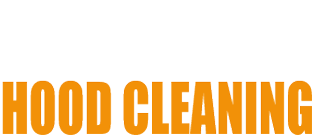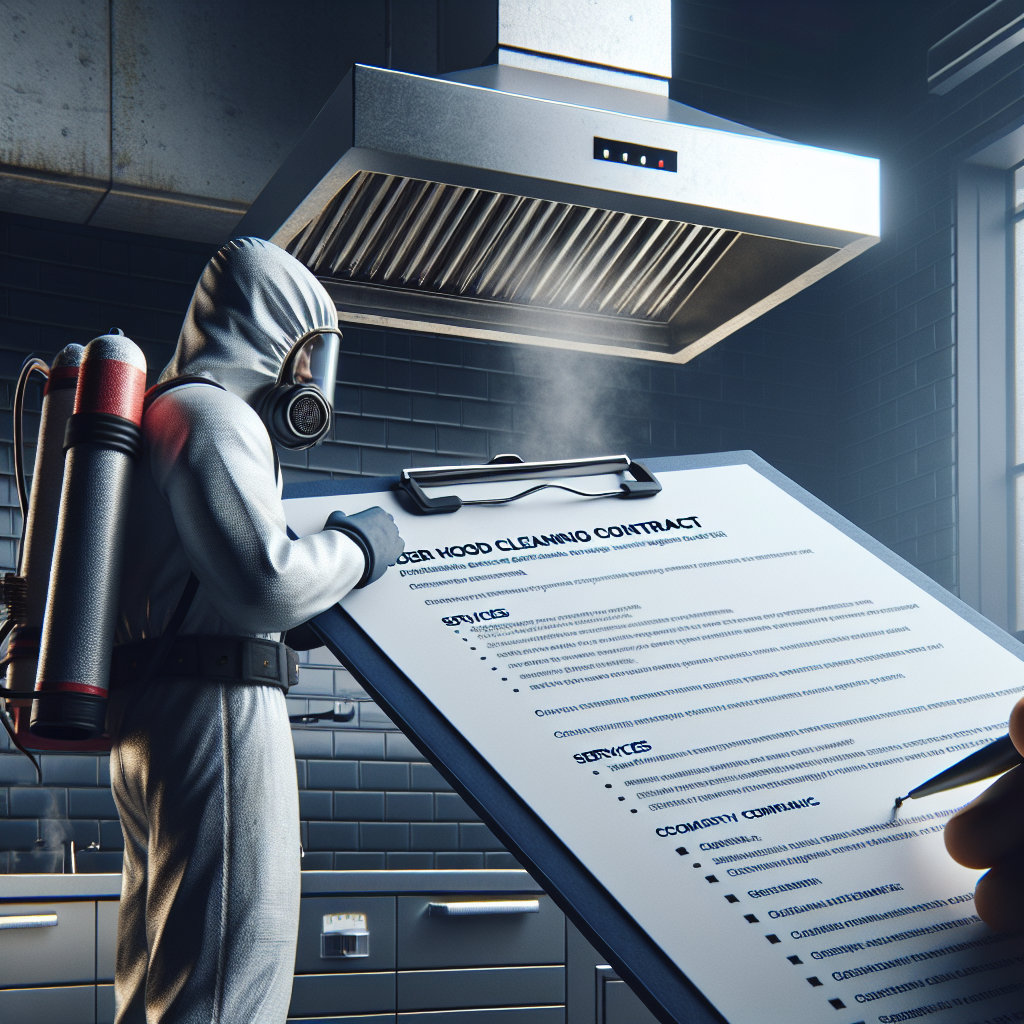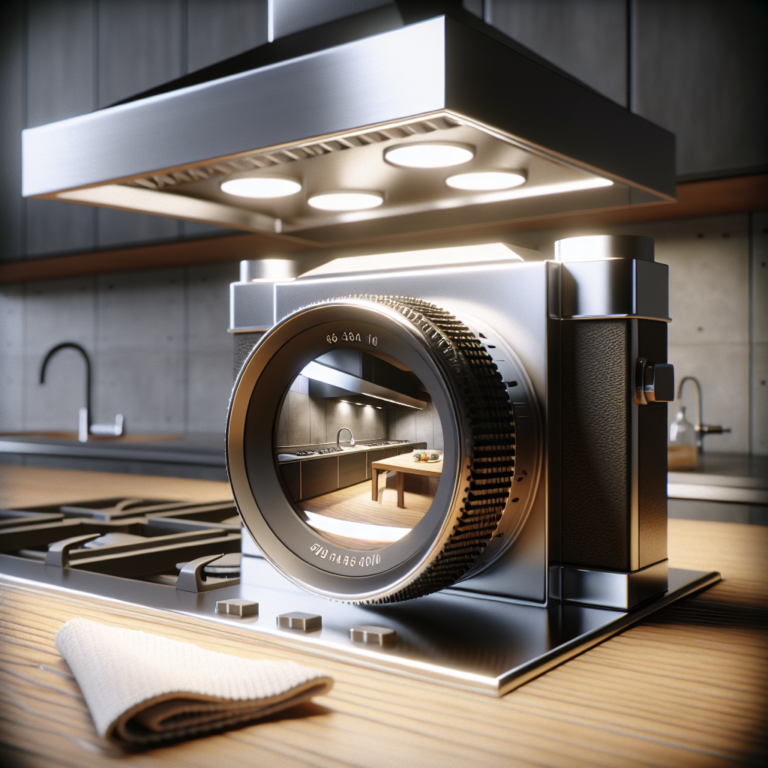Essential Elements of Hood Cleaning Contracts: A Comprehensive Guide
Picture this: the aroma of your restaurant’s best dish wafting through the air, happy patrons bustling at tables, and the kitchen humming with the organized chaos of culinary creativity. But behind the scenes, lingering over everyone’s heads is the often unseen hero of any successful food establishment—a spotlessly clean hood. For those in the restaurant business, understanding hood cleaning contracts is as essential as knowing the recipe for your signature sauce. Whether you’re a burgeoning business in the heart of Denver or an established eatery, committing to the right hood cleaning contract ensures safety, compliance, and peace of mind.
Why Hood Cleaning is Crucial
Before diving into the nitty-gritty of hood cleaning contracts, let’s discuss why hood cleaning itself is indispensable. Exhaust hood systems in commercial kitchens play a pivotal role in maintaining air quality by removing airborne grease, smoke, and odors. Neglecting regular cleaning can lead to a hazardous buildup, which not only poses a fire risk but can also lead to costly fines and violations.
Key Elements of a Hood Cleaning Contract
Diving into a restaurant hood cleaning contract can feel overwhelming, especially with so many elements to consider. Here are the crucial components to watch out for:
1. Frequency of Cleaning
The frequency of commercial kitchen hood cleaning is not one-size-fits-all. It varies based on the volume of cooking, the type of food prepared, and local regulations. A comprehensive contract should specify how often cleaning should occur. Whether quarterly or monthly, ensuring the frequency aligns with your needs and legal requirements is imperative.
2. Scope of Work
Make sure your contract clearly outlines the scope of work. What exactly will the cleaning team tackle during their visits? A typical contract should cover the cleaning of the exhaust hoods, ducts, and fans. Additionally, the team should adhere to the standards set by the National Fire Protection Association (NFPA).
3. Credentials of the Service Provider
Trust but verify. Always ensure that the service provider is certified and experienced in exhaust hood cleaning. It’s not just about keeping your kitchen clean—it’s about ensuring safety and compliance. Look for companies with strong reputations and positive reviews in the Denver area.
4. Inspection and Maintenance
Regular inspections can preempt potential issues before they become costly problems. A robust contract should include periodic inspections and maintenance checks to extend the life of your exhaust system and prevent untimely breakdowns.
5. Cost and Payment Structure
While nobody likes to talk about money, it’s crucial to have a transparent pricing structure. Whether it’s a flat rate, hourly charge, or based on the number of systems serviced, clarity in cost arrangements will prevent financial surprises. Denver businesses should compare contracts from multiple providers to ensure competitive rates.
Benefits of Professional Hood Cleaning
Some might wonder if professional cleaning is necessary when a quick scrub could suffice. However, leaving hood cleaning in the hands of experts ensures:
- Enhanced Safety: Professional cleaning significantly reduces fire hazards.
- Compliance with Regulations: Adhering to local Denver health and safety regulations is essential.
- Prolonged Equipment Life: Regular cleaning prevents the buildup of materials that can damage equipment.
- Improved Air Quality: A clean exhaust system ensures the removal of harmful pollutants from the kitchen environment.
Choosing the Right Hood Cleaning Vendor
The journey to a cleaner, safer kitchen hinges on selecting the right vendor. When searching for a service provider, consider:
Reputation and Experience
Word of mouth, online reviews, and testimonials should guide your decision. Companies with extensive experience in Denver hood cleaning are likely to be familiar with local nuances and requirements.
Certifications and Training
Ensure the team is well-trained and certified, demonstrating their proficiency in using the latest techniques and adhering to safety regulations.
Responsive Customer Service
Every kitchen is different. A service provider that offers customized solutions and prompt responses to inquiries can prove invaluable in times of need.
Conclusion
In the bustling world of commercial kitchens, where a single misstep can lead to culinary disaster or unforeseen expenses, a well-negotiated hood cleaning contract acts as an invisible but essential backbone. By understanding and incorporating these key elements, your restaurant not only complies with health and safety standards but also thrives in its operations. When it comes to Denver hood cleaning, partnering with the right provider can safeguard your establishment while allowing you to focus on what you do best—serving delectable dishes with a side of impeccable service.







